
In February more than 2,400 people across the country took part in a star counting survey run by CPRE, the countryside charity.
By counting the number of stars visible in the constellation of Orion, it helps build up a picture of the nation’s views of the night sky.
CPRE believes that a star filled night sky is one of the most magical sights of the countryside. And throughout the coronavirus outbreak lockdown, gazing up at the stars will have brought comfort to many during an extremely difficult time. Yet light pollution can spread from towns and cities into the countryside, denying many people the chance to experience the wonder and tranquillity of seeing a sky full of stars.
The results of this citizen science survey, carried out annually, suggest that across the UK, 61% of people are in areas with severe light pollution, counting fewer than ten stars. This is a rise of 4% from last year, when 57% of people taking part were in these areas.
CPRE chief executive Crispin Truman said: 'Gazing up at the heavens can inspire and help lift our spirits, especially when many of us are forced to do so from within our homes at the moment. It is a shame that few of us can see the starry skies in all their glory, without the intrusion of light pollution.’
There was some good news at the other end of the scale, with 3% of people counting more than 30 stars within Orion, meaning that they were in areas with truly dark skies. That’s a rise from 2% in 2019.
Families who took part and were able to see plenty of stars on the night of their count reported how much they loved the experience. In addition, 99% of star-counters asked said they believed that every child should be able to experience the wonder of a star-filled night sky.
Bob Mizon from the British Astronomical Association’s Commission for Dark Skies (CfDS) said ‘It’s wonderful to hear about families having fun doing the Star Count. Children should be able to see the Milky Way, their own galaxy, by looking up at the sky, not looking online!’
CPRE and CfDS believe that councils have the power to give people better views of the night sky. And when asked, 82% of star-counters responding to a survey said their local council should do more to tackle light pollution.
Crispin added: ‘We’d like to see councils adopting better policies in local plans to tackle light pollution and protect and enhance our darkest skies, where people can still experience the wonder of a star filled night sky. There are straightforward steps councils can take, in consultation with local people, that don’t just reduce light pollution but save energy and money too.’
The map showing the results of CPRE’s Star Count 2020 is online here: cpre.org.uk/starcountresults


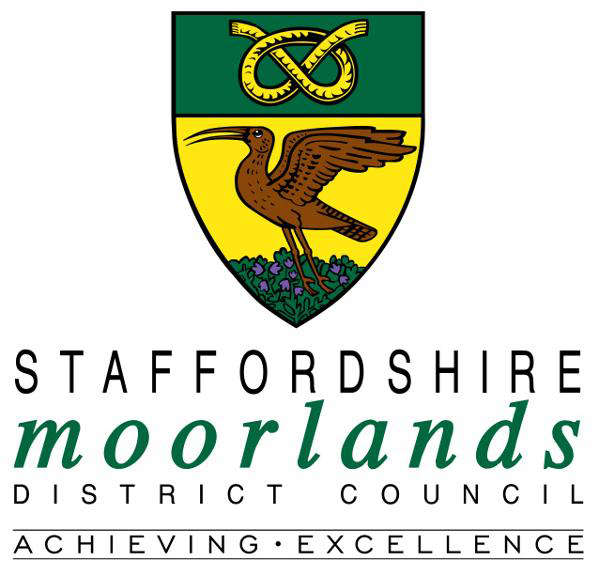 Residents reassured about coming changes to waste and recycling collections
Residents reassured about coming changes to waste and recycling collections
 Appeal for information following serious assault in Winsford
Appeal for information following serious assault in Winsford
 Man charged following incident in Macclesfield
Man charged following incident in Macclesfield
 Three arrested following deployment in Winsford
Three arrested following deployment in Winsford
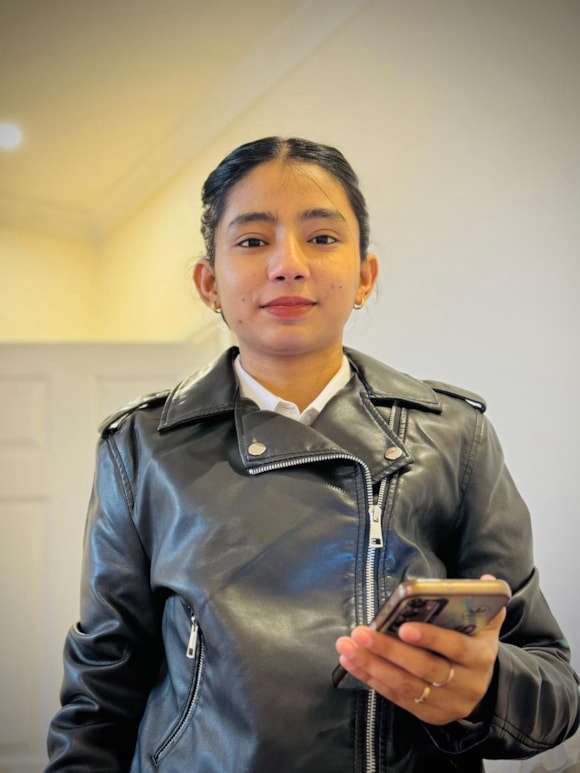 Family pay tribute to 24-year-old woman who died following fatal collision in Barton
Family pay tribute to 24-year-old woman who died following fatal collision in Barton
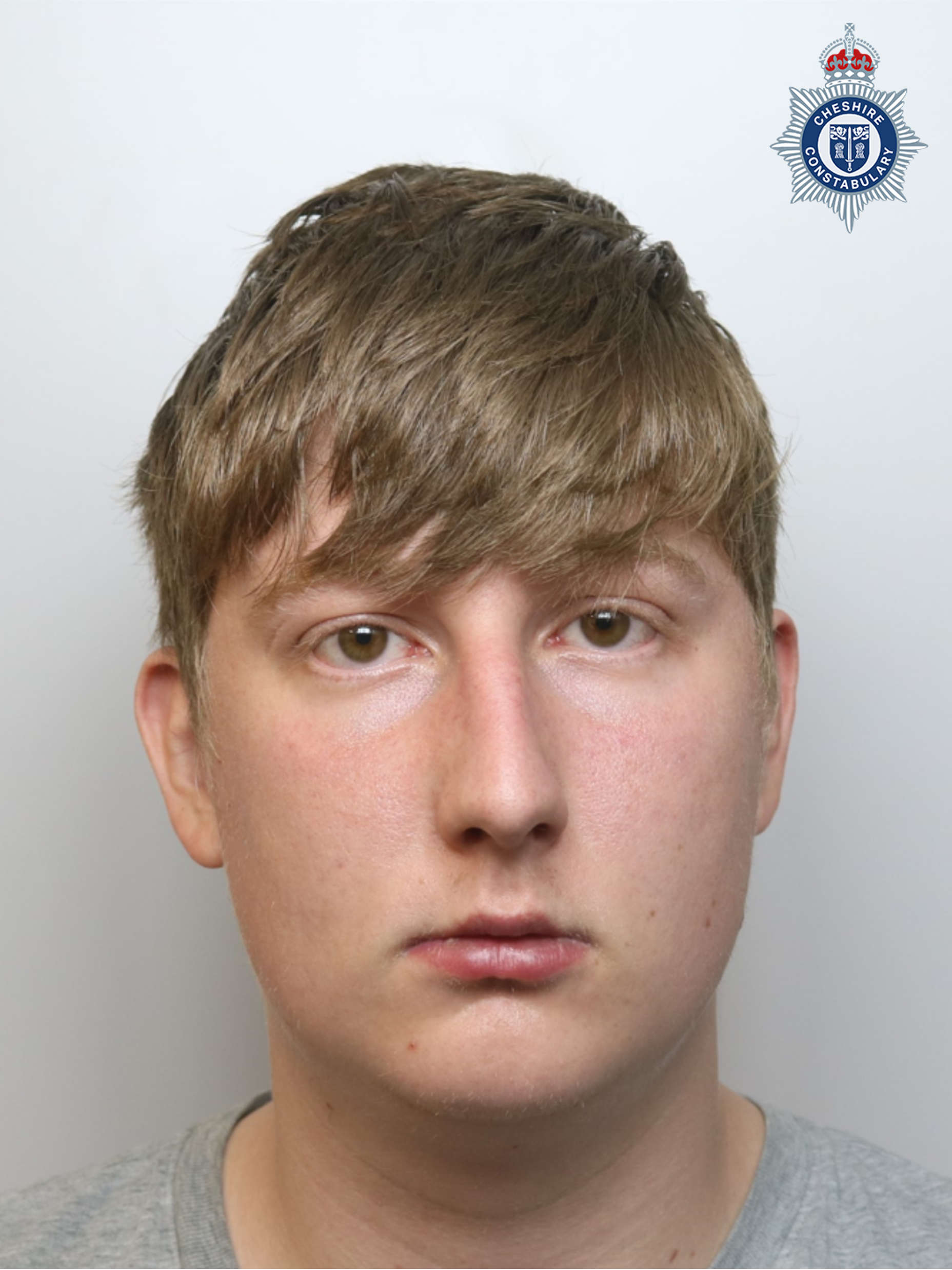 Congleton man jailed for engaging in sexual communications with a child
Congleton man jailed for engaging in sexual communications with a child
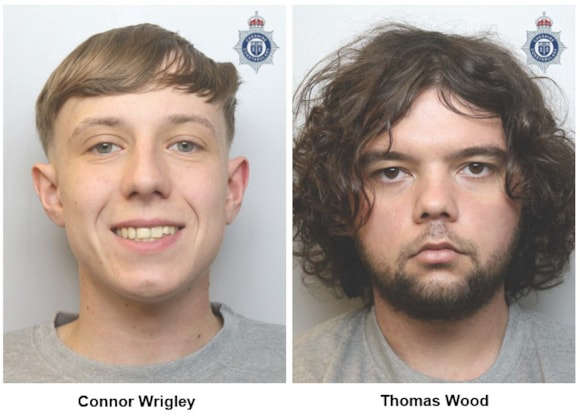 Three men sentenced following Disley burglary
Three men sentenced following Disley burglary
 Two men sentenced following violent altercation in Winsford
Two men sentenced following violent altercation in Winsford
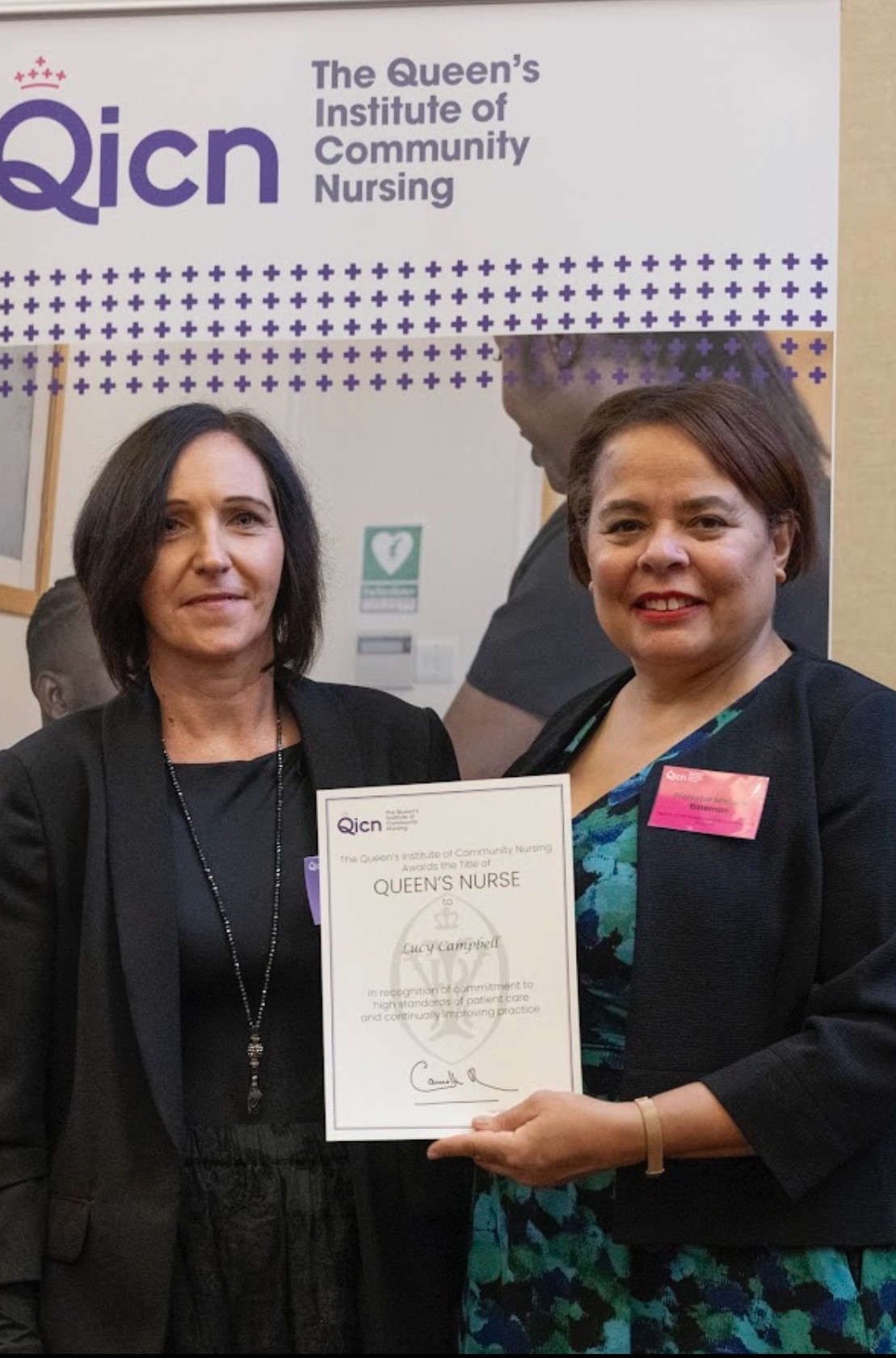 Local Mental Health Nurse awarded prestigious Queen’s Nurse title
Local Mental Health Nurse awarded prestigious Queen’s Nurse title
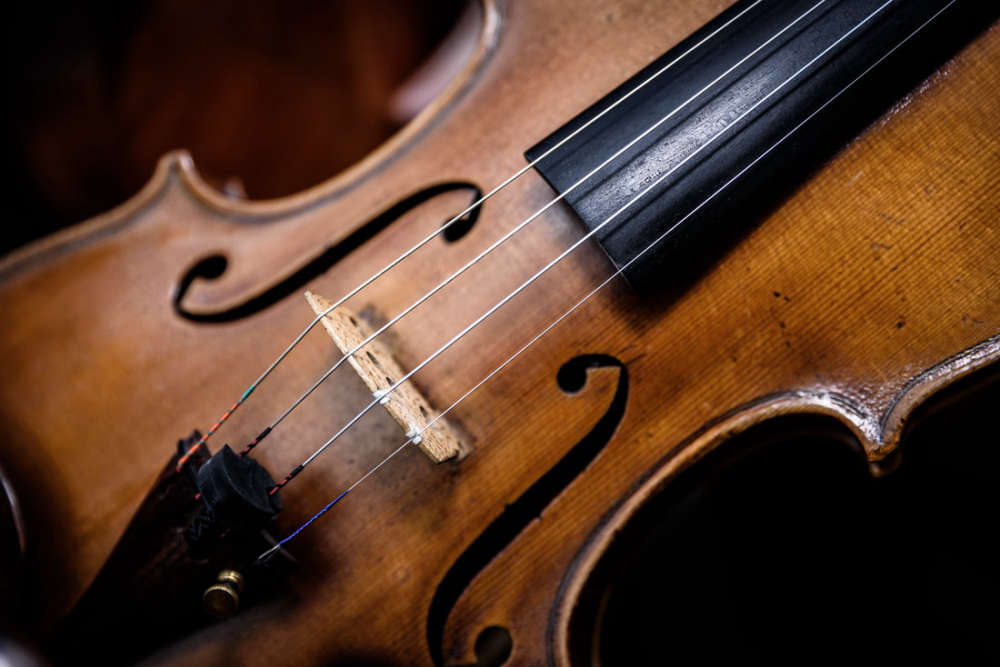 Musica Nova March Concert
Musica Nova March Concert
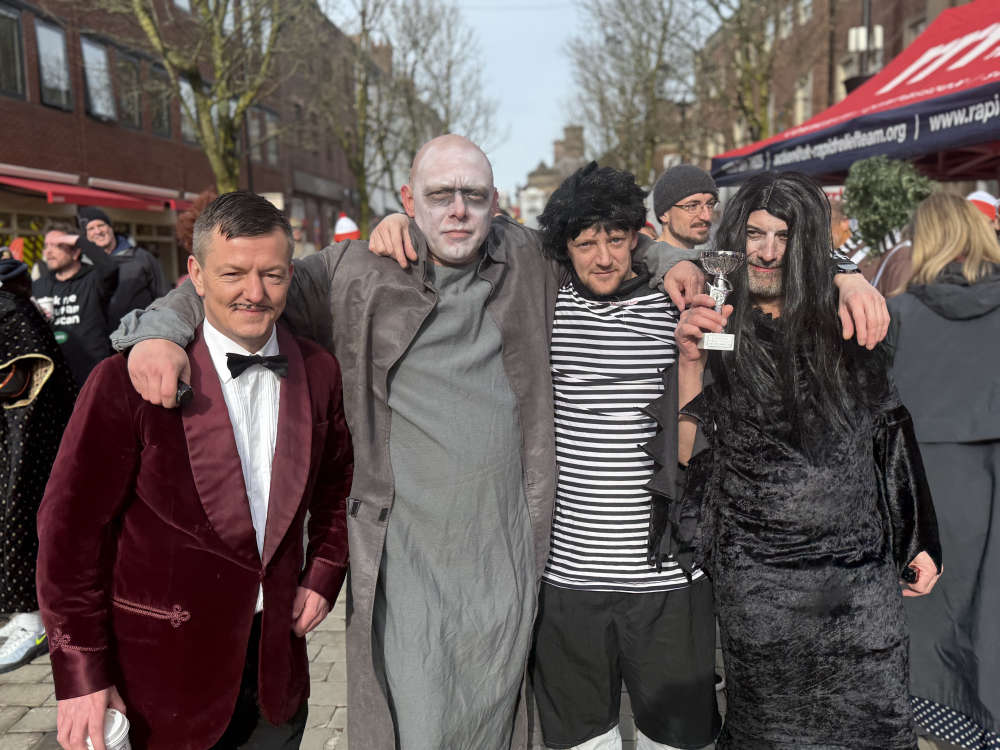 Macclesfield smashes Pancake Race for local NHS charity
Macclesfield smashes Pancake Race for local NHS charity
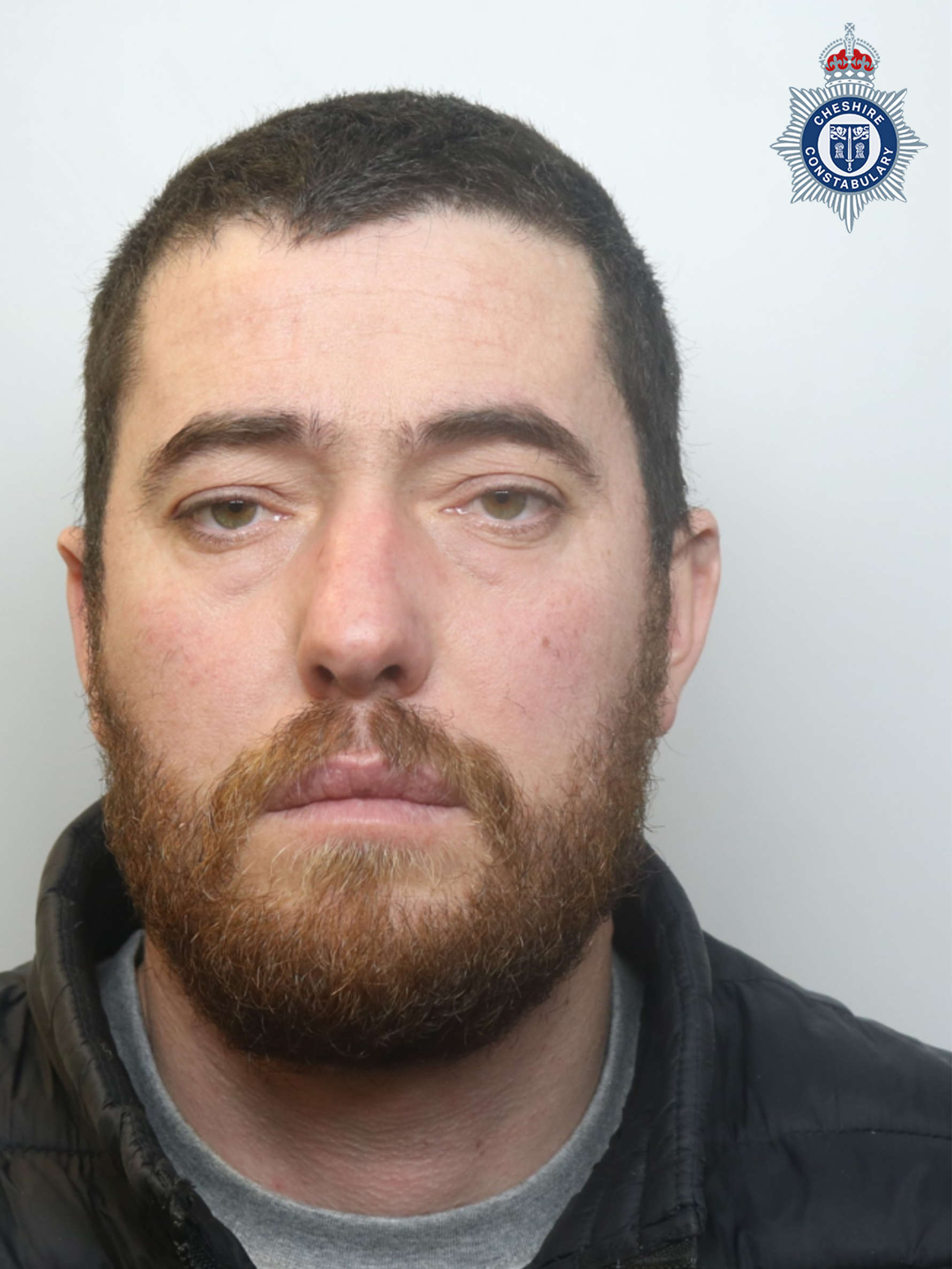 Cannabis farmer who hid for eight hours during registry office raid jailed
Cannabis farmer who hid for eight hours during registry office raid jailed
 Cheshire Police Commissioner revealed to be billing luxury car costs to taxpayer.
Cheshire Police Commissioner revealed to be billing luxury car costs to taxpayer.
 County-wide collaborative immigration and safeguarding operation yields positive results
County-wide collaborative immigration and safeguarding operation yields positive results
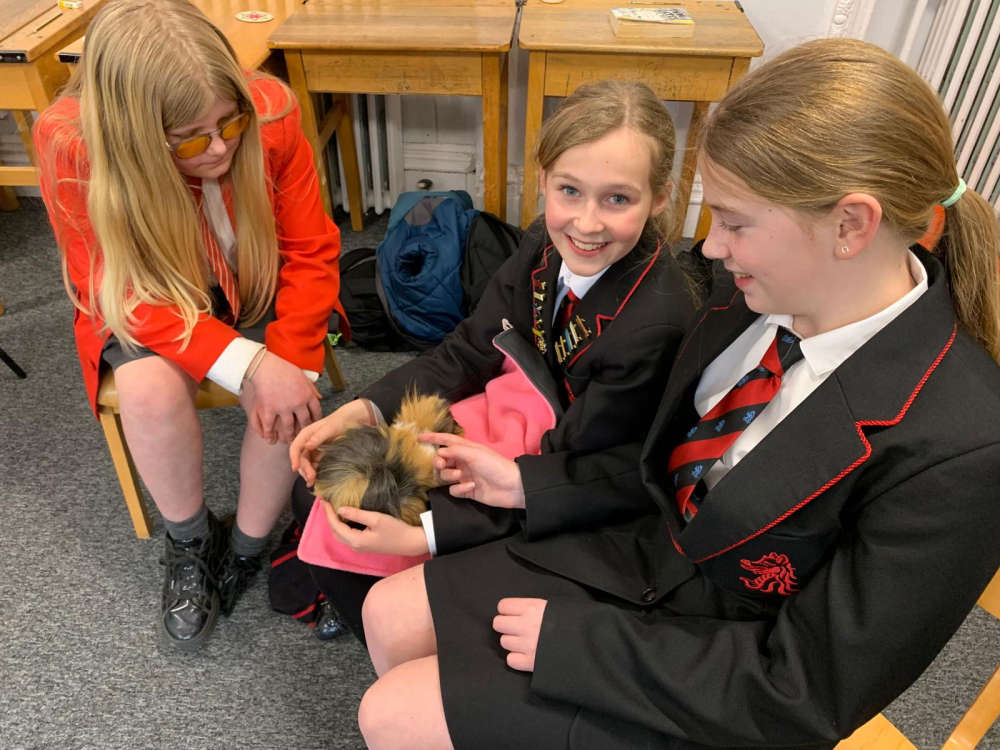 Beech Hall School Marks Children’s Mental Health Week with Animal Therapy Experience
Beech Hall School Marks Children’s Mental Health Week with Animal Therapy Experience
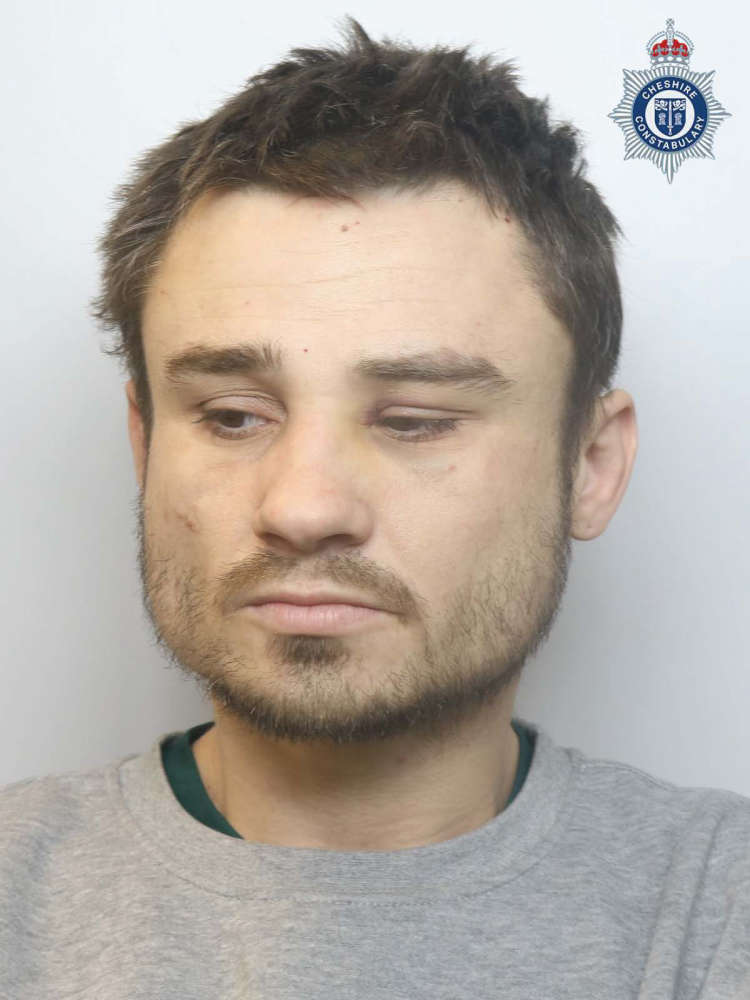 Man jailed for stealing from shops in Congleton
Man jailed for stealing from shops in Congleton
